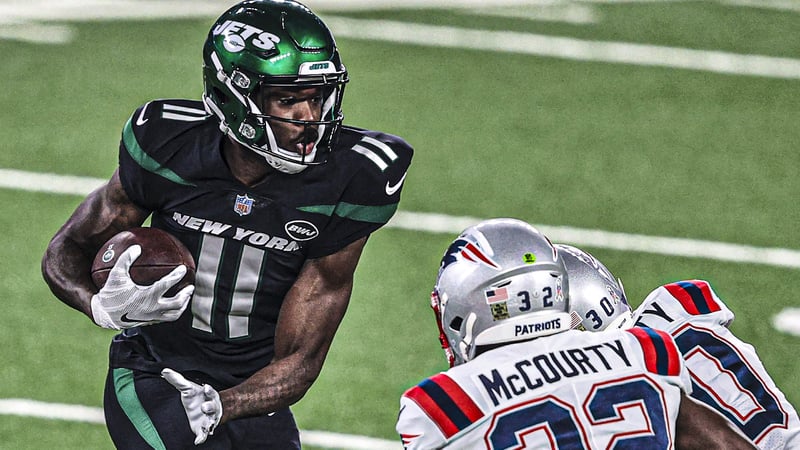Michael Nania lists the New York Jets’ best and worst players against the New England Patriots, and stacks up the roster according to each player’s impact on the team’s performance to date.
📲 Log In if you are already a member (note: you should be redirected back to this article/page after logging in):
📲 Connect if you would like to create a free account before taking the official Jet X Membership plunge:
❗️ Becoming a Jet X Member unlocks every piece of subscriber content on the site, provides an ad-free website and mobile app experience, generates an audio version of each written article, and grants commenting permission. Utilizing one of our Discount Codes (promoted in various New York Jets-centric places) provide significant value. Feel free to try out our 30-day free trial option at any point:










